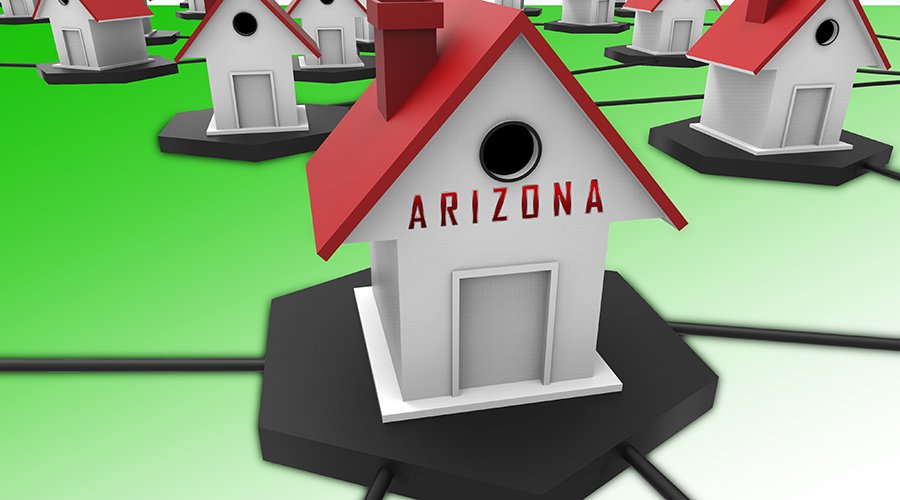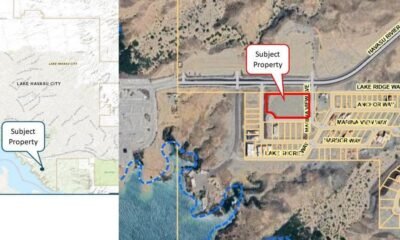Business
House Committee Moves to Slash Residential Zoning Barriers for Houses of Worship

Arizona legislators have moved to empower religious institutions, including churches, synagogues, and mosques, to construct affordable housing on their properties without regard to existing zoning laws.
In an 11-5 vote, the House Appropriations Committee approved a controversial bill that critics claim grants excessive freedom to churches and their development partners to build multi-family homes exceeding three stories on church-owned land.
This decision faced pushback from lawmakers concerned about potential alterations to the character of residential neighborhoods. Rep. Matt Gress, a Republican from Phoenix, expressed skepticism about amending the legislation to include stricter constraints, such as a 150-foot distance from current homes.
“I can still see this three-story apartment complex with significant density in a single-family home,” Gress remarked, highlighting concerns about privacy intrusions.
However, proponents like Rep. Lorena Austin, a Democrat from Mesa, advocate for the measure. “This bill is very personal for me,” she stated, citing her own upbringing in multi-family housing. She emphasized the urgency of addressing the region’s housing affordability crisis.
Austin noted that townhouses in her district are selling for $350,000, underscoring the dire need for accessible housing options.
During the debate, it became evident that the current form of the bill may struggle to secure the necessary support without significant modifications. Several lawmakers agreed to advance the bill to Governor Katie Hobbs, contingent upon tightening it to eliminate potential loopholes benefiting developers.
HB 2199 aims to tackle the housing supply issues by allowing religious institutions to partake in development initiatives, with the intent that they have a vested interest in affordable housing.
Currently, the bill includes provisions specifying that churches must own their land for at least three years before developing conflicted housing, aiming to prevent exploitation of relaxed regulations.
Concerns extend to the possibility of a church selling the land or dissolving, leading to uncertainty about future use and management. The legislation aims to insert a restrictive covenant mandating that at least 40% of the units are designated for low-income households for 55 years.
While the bill states a three-story limit, it also permits structures to match the height of any previously existing buildings on the site, raising concerns about vagueness in height restrictions.
Rep. Kevin Volk, a Tucson Democrat, highlighted the challenges of finding suitable sites for affordable housing, noting opposition from neighbors to integrating transient or homeless individuals into communities.
“We want housing accessible to services and welcomed by immediate property neighbors,” he noted, recognizing the pressing need for housing units within the state.
Despite some support, Rep. Nancy Gutierrez emphasized the need for broader reforms, suggesting options like rent caps or restrictions on out-of-state corporate buys could better address housing affordability.
Others, including Rep. Stephanie Stahl Hamilton, showed a cautious stance, recognizing the merits of the bill yet remaining unsure about the implications for their constituents. “This has me over a barrel,” she expressed, reflecting the complexities lawmakers face in balancing local concerns with broader housing goals.
In light of these discussions, Rep. Stacey Travers voiced her reluctance in supporting the bill, emphasizing the history of regulations that failed to deliver on their promises.
Rep. Lupe Diaz expressed a philosophical hesitation about intertwining religious institutions with housing projects, raising concerns about the potential loss of sacred land.
In contrast, Gress articulated a different kind of sacredness, questioning the preservation of single-family neighborhoods amid such developments.


















